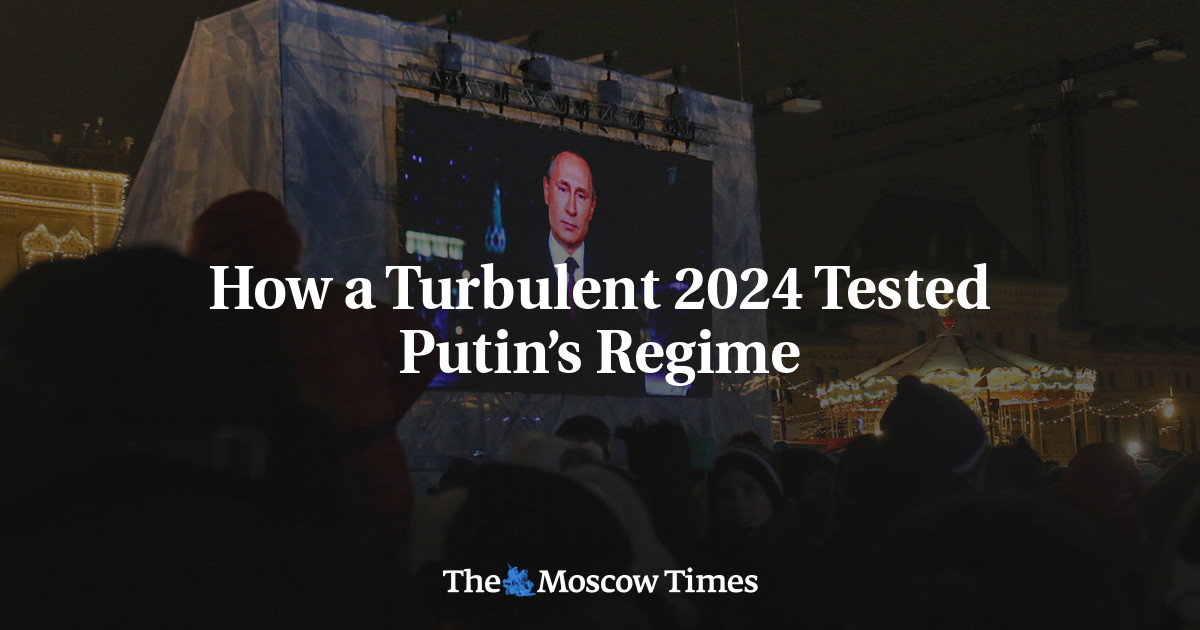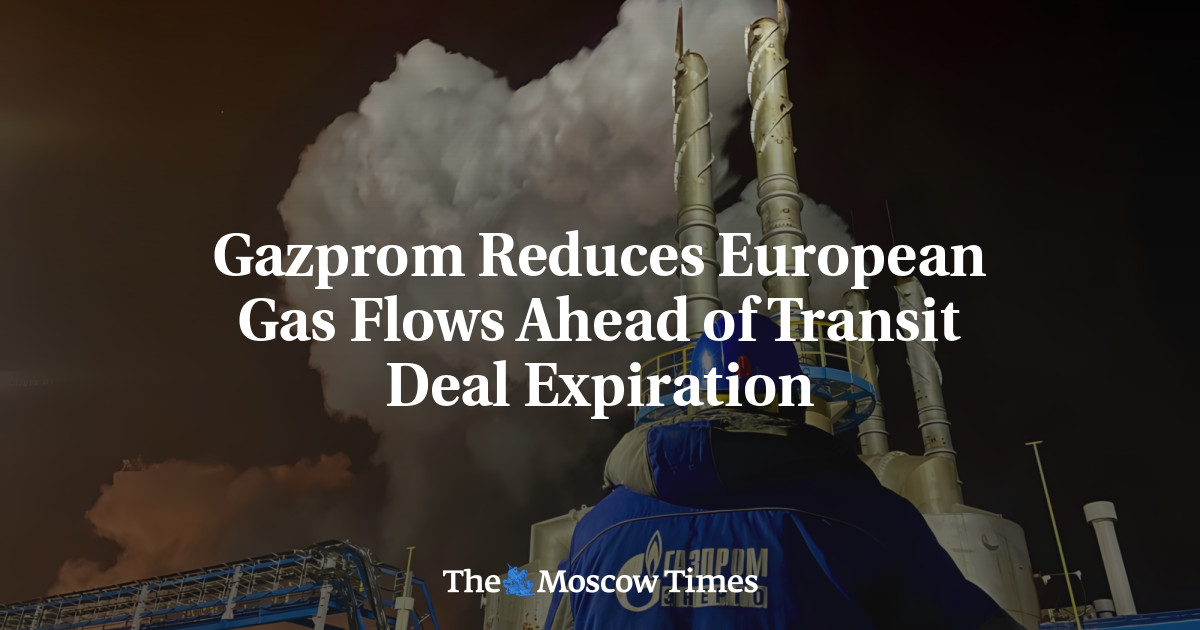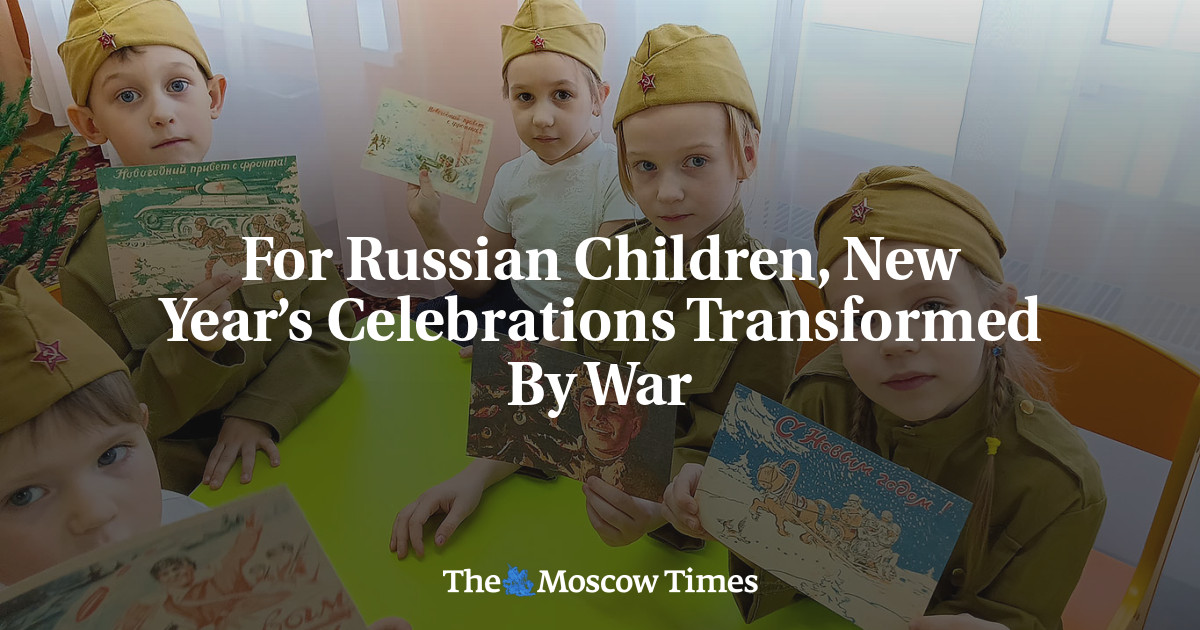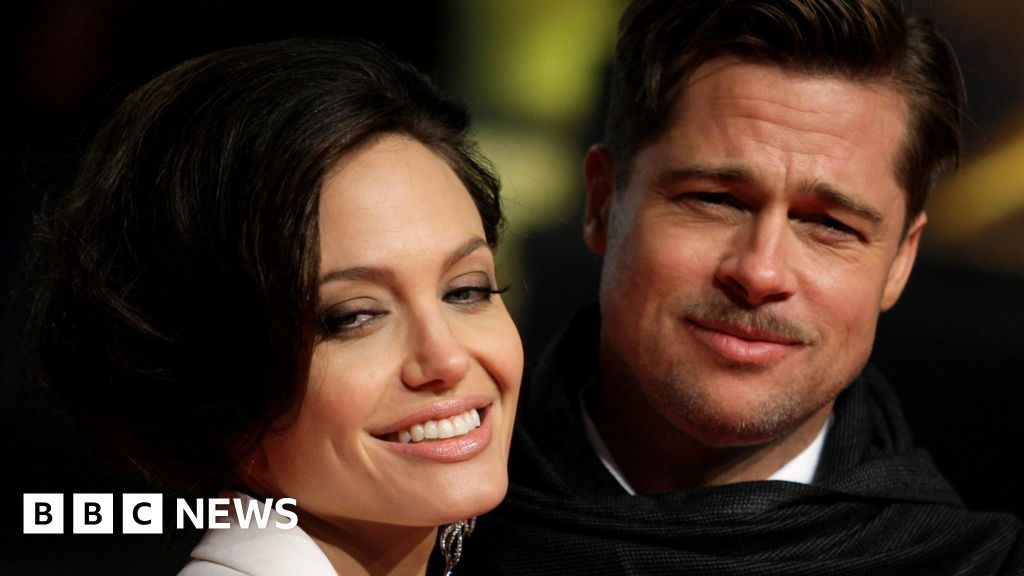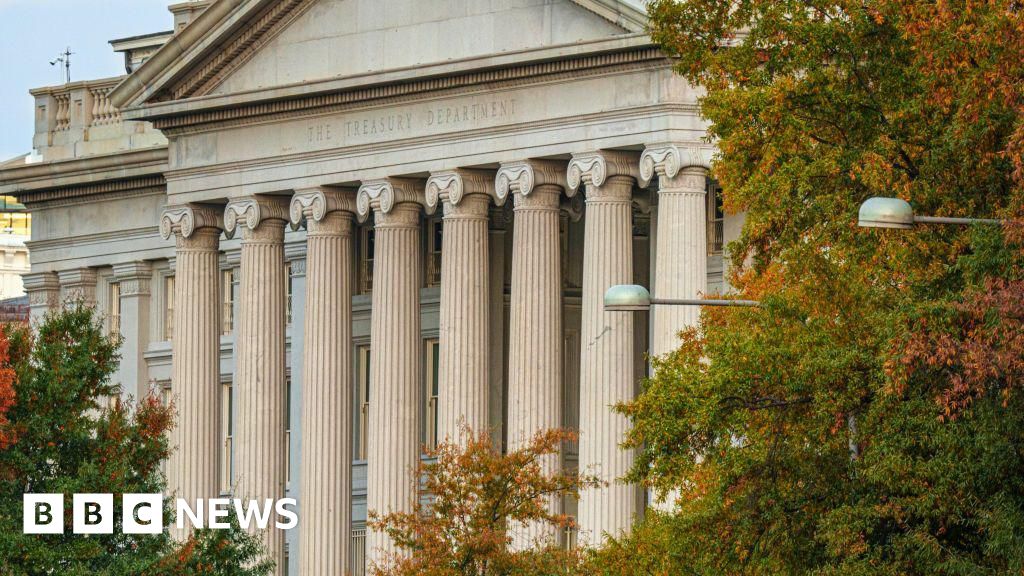Russia's economy grew 5.4% in the first quarter of 2024, official statistics published Friday showed, as President Vladimir Putin denied military spending on his Ukraine offensive was reaching unsustainable levels.
The Kremlin has heavily militarized Russia's economy since sending troops into Ukraine in February 2022, with the vast outlays helping to power growth and cushion the blow of Western sanctions.
But it has also set off inflation and comparisons with runaway defense spending that hobbled the Soviet Union in the 1980s.
The Rosstat statistics agency said the first quarter growth was up from 4.9% in the fourth quarter of last year.
The inflation rate also picked up over the month, however, to 7.8%.
On a state visit to China, Putin denied that Russia's vast military spending — which he said had passed 8% of GDP — had hit unsustainable levels.
"It is not critical yet. In the Soviet Union in 1985-1986, defense spending was 13%" of GDP, he said.
"Taking into account the state of the economy, macroeconomic indicators and budget revenue forecasts, combined defense and security spending of eight-and-a-bit percent is not critical," he added.
Earlier in the week, Putin had said Russia's military spending was a "great resource" that should be used "carefully and effectively."
He said Friday that experts believe Russia's state finances still have room to accommodate even higher expenditure.
Russian troops last week launched a major new offensive on Ukraine's northeastern Kharkiv region. Putin has signaled he sees Moscow's path to victory on the battlefield by outspending Ukraine and its Western backers.
Inflation problems
The reorientation of Russia's crucial energy exports to the likes of China and India has helped it weather Western sanctions that many analysts predicted would push Russia into a deep recession.
China has become Russia's most important economic ally over the last two years.
Putin on Friday blasted U.S. attempts to put pressure on Beijing over its ties with Moscow.
He called U.S. threats of sanctions on Chinese banks and companies that deal with Russia "illegitimate" and said lenders in both countries were working to overcome problems with cross-border payments.
The United States has targeted companies in third countries, including China, that it says are helping Russia purchase sanctioned goods for its military.
While helping to secure strong headline growth, Russia's increased military spending has caused some economic difficulties at home.
Inflation climbed from 7.7% to 7.8% in April, Rosstat said on Friday — ahead of analysts' expectations and further from the government's official 4.0% target.
The Central Bank has hiked its key interest rate to 16% in a bid to combat rising prices.
And parts of the economy not supported by the offensive — such as the services and IT sectors — are seeing record labor shortages. Many young men have been drafted, left the country or recruited by the booming weapons industry.
… we have a small favor to ask. As you may have heard, The Moscow Times, an independent news source for over 30 years, has been unjustly branded as a "foreign agent" by the Russian government. This blatant attempt to silence our voice is a direct assault on the integrity of journalism and the values we hold dear.
We, the journalists of The Moscow Times, refuse to be silenced. Our commitment to providing accurate and unbiased reporting on Russia remains unshaken. But we need your help to continue our critical mission.
Your support, no matter how small, makes a world of difference. If you can, please support us monthly starting from just $2. It's quick to set up, and you can be confident that you're making a significant impact every month by supporting open, independent journalism. Thank you.
Continue
![]()
Not ready to support today?
Remind me later.
 (1).png)
 7 months ago
16
7 months ago
16
